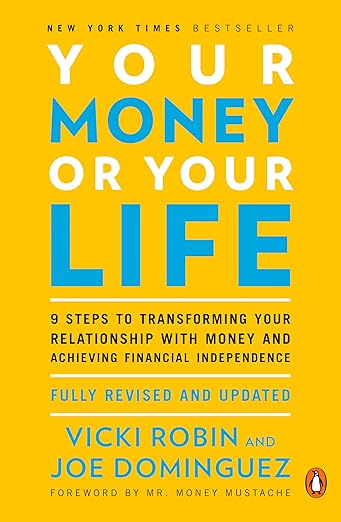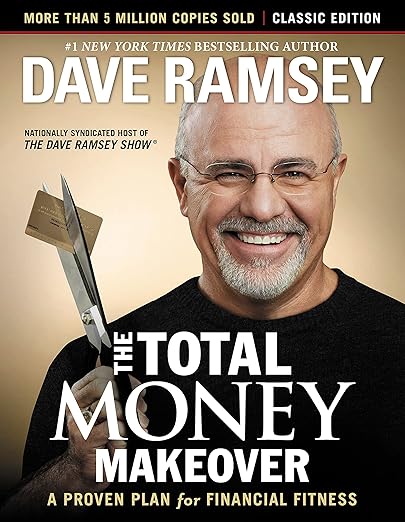What Real Recovery Looks Like
Long-term recovery goes beyond abstinence. It includes:
- Emotional regulation without self-destruction
- Trustworthy relationships built on honesty
- Financial integrity that reflects new values
- Identity growth beyond “problem gambler”
It’s not just about subtracting gambling—it’s about adding meaning, connection, and direction. Life after gambling addiction is about resilience, but it’s also about awareness. If you want to understand the risks more deeply, read how ignoring warning signs nearly cost me everything—a reminder that recovery begins with paying attention.
Emotional Resilience: Your First Line of Defense
In life after gambling addiction, emotions don’t disappear—they become more visible. Building emotional resilience helps you respond without spiraling back into old patterns.
Tools to support emotional recovery:
Please know that some links on High Stakes Healing are affiliate links. This means we may earn a commission if you make a purchase, at no added cost to you. These small contributions allow us to provide articles, tools, and support to those in recovery, while recommending only the resources we genuinely value.
Guidance When You Need It Most
Struggling with urges or setbacks? With Online-Therapy.com, you can reach professional support, practical tools, and a structured program to help you stay on track.
- Journaling: Use our Recovery Reflection Prompts to track emotions and urges.
- Mindfulness: Start with daily breathing practices or grounding techniques.
Rebuilding Relationships Damaged by Addiction
Gambling disorder often leaves a trail of secrecy and broken trust. Repairing that damage requires courage, consistency, and communication.
- Apology with accountability: Acknowledge harm without deflecting.
- Transparency: Make financial and emotional check-ins part of your routine.
- Therapeutic support: Couples or family counseling can help rebuild connection.
Download our Apology & Accountability Worksheet to guide your conversations.
Financial Healing After Addiction
Finances are often one of the most deeply impacted areas of life after gambling addiction. The goal is to rebuild both money and your relationship with it.
Books for Financial Recovery
Debt, stress, and money struggles are common after gambling addiction. The right guidance can help you repair your financial health and move forward with confidence. Our Books for Recovery page highlights resources to help you strengthen resilience and clarity.
- Create a transparent budget system—no secrecy.
- Set small goals (e.g., an emergency fund or debt payoff).
- Celebrate progress to reinforce trust in yourself.
Use our Recovery Finance Workbook to organize your new money habits.
Redefining Your Identity
Without gambling, you are left with one vital question: Who am I now?
Long-term healing involves reconnecting with passions, values, and community. Volunteer, create, mentor, explore. Recovery is a second chance to design a life that reflects who you truly are.
“Quitting gambling gave me the space to become someone else entirely—and it turns out, that person feels better in their skin.” — High Stakes Healing Community Note
Rituals That Support Lifelong Healing
- Weekly emotional check-ins (via journal or therapist)
- Monthly financial reviews with a trusted friend or partner
- Anniversary rituals to mark sober milestones
- Ongoing community involvement (support groups, online forums)
Recovery rituals are reminders: You are not your past. You are your present courage and your future peace.
Stay Connected to Your Recovery
Subscribe to the gambling addiction recovery newsletter for emotional tools, relapse prevention strategies, and inspiring recovery stories.
- Set Boundaries After Gambling Recovery to Protect your Healing Journey
- Daily Meditation Practices for Gambling Addiction Recovery
- How Self-kindness Strengthens Resilience in Gambling Addiction Recovery
- Gambling Relapse Management
- Morning Rituals that Strengthen Resilience in Gambling Recovery
- Gambling Addiction vs Problem Gambling
FAQ: Life After Gambling Addiction
Is it normal to still feel tempted after quitting?
Yes. Urges may return occasionally, especially during emotional stress. The key is to recognize them, not act on them. Use coping tools and therapy when needed.
How long does recovery from gambling addiction take?
Recovery is ongoing. While acute cravings may decrease after several months, healing emotional and relational wounds can take years. Focus on steady progress, not perfection.
Can I ever trust myself with money again?
Absolutely. Rebuilding trust takes time and structure. Using budgeting tools, transparency, and accountability helps restore financial confidence.
Should I keep going to support groups even after a year of recovery?
Many people benefit from long-term involvement in recovery communities. These spaces offer ongoing accountability, connection, and perspective.
What if I relapse?
A relapse doesn’t erase your progress. It’s a sign to revisit your support plan, not a reason to give up. Seek help immediately and reflect on what triggered the slip.








